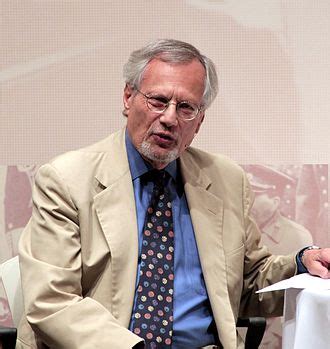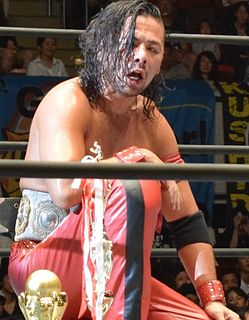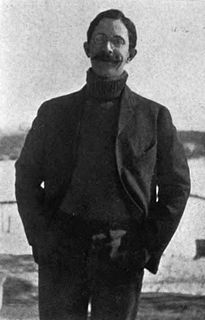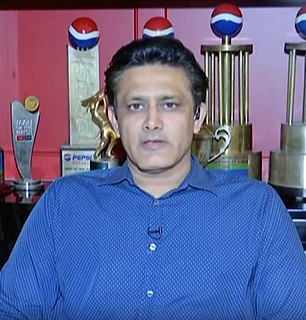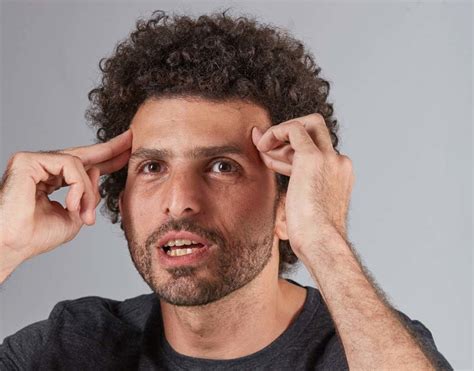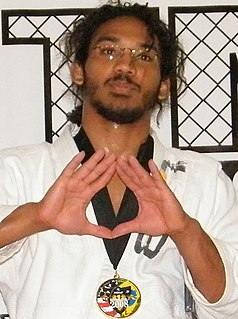A Quote by Stephen M. Miller
I've always liked the old-school journalism approach. I don't have to take a side on any controversial issue. I get to present various sides. And my goal, as a journalist covering the Bible beat, is to present the strengths and weaknesses of each side - to the extent that readers can't tell what my opinion is. That's easy enough for me to do much of the time because I'm as confused as the next guy, and trusting a lot on Jesus for what I don't understand.
Related Quotes
To reconcile conflicting parties, we must have the ability to understand the suffering of both sides. If we take sides, it is impossible to do the work of reconciliation. And humans want to take sides. That is why the situation gets worse and worse. Are there people who are still available to both sides? They need not do much. They need do only one thing: Go to one side and tell all about the suffering endured by the other side, and go to the other side and tell all about the suffering endured by this side. This is our chance for peace. But how many of us are able to do that?
It takes a man a long time to learn all the lessons of all of his mistakes. They say there are two sides to everything. But there is only one side to the stock market; and it is not the bull side or the bear side, but the right side. It took me longer to get that general principle fixed firmly in my mind than it did most of the more technical phases of the game of stock speculation.
Before, early in my career, it was always just go out there and beat the next guy up. Whoever they put in front of me,just go beat him up. Everything else would take care of itself. You want more money? Go beat the next guy up, it will take care of itself. You want better sponsors? Go beat the next guy, it will take care of itself.




